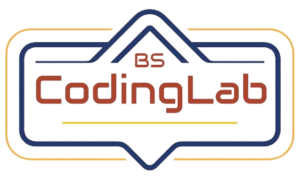- Defination Of Java
- History Of Java
- Environment Setup Java
- Features of Java
- C++ vs Java
- JDK JRE JVM
- Syntax of Java
- Frist Program Of Java
- Comments in Java
- User Input / Output
- Variables in Java
- Keywords in java
- Data Types of Java
- Booleans in Java
- Type Casting in Java
- Operators in Java
- Control Statements
- Arrays
- Strings
- Final Keyword
- This Keyword
- Methods
- Recursion In Java
- Regex in Java
- OOPS Concepts
Defrence Between CPP V/S Java
C++ vs Java :-
C++ and Java are both popular programming languages that are used in a wide variety of applications. However, there are some key differences between the two languages that make them better suited for different tasks.
C++ is a compiled language, which means that the source code is converted into machine code before it is executed. This makes C++ very fast and efficient, but it also makes it more difficult to learn and use. C++ is often used for low-level programming, such as system programming and game development.
Java is an interpreted language, which means that the source code is converted into bytecode that is then interpreted by the Java Virtual Machine (JVM). This makes Java platform-independent, meaning that Java code can be run on any platform that has a JVM. Java is often used for high-level programming, such as web development and enterprise applications.
Here is a table that summarizes the key differences between C++ and Java:
| Feature | CPP | Java |
|---|---|---|
| Compiled or interpreted | Compiled | Interpreted |
| Platform independence | No | Yes |
| Memory management | Manual | Automatic |
| Object-oriented | Yes | Yes |
| Speed | Fast | Slower |
| Complexity | Complex | Simpler |
| Applications | System programming, game development | Web development, enterprise applications |
There are many differences and similarities between the C++ programming language and java.
Note :-
- Java doesn’t support default arguments like C++.
- Java does not support header files like C++. Java uses the import keyword to include different classes and methods.
